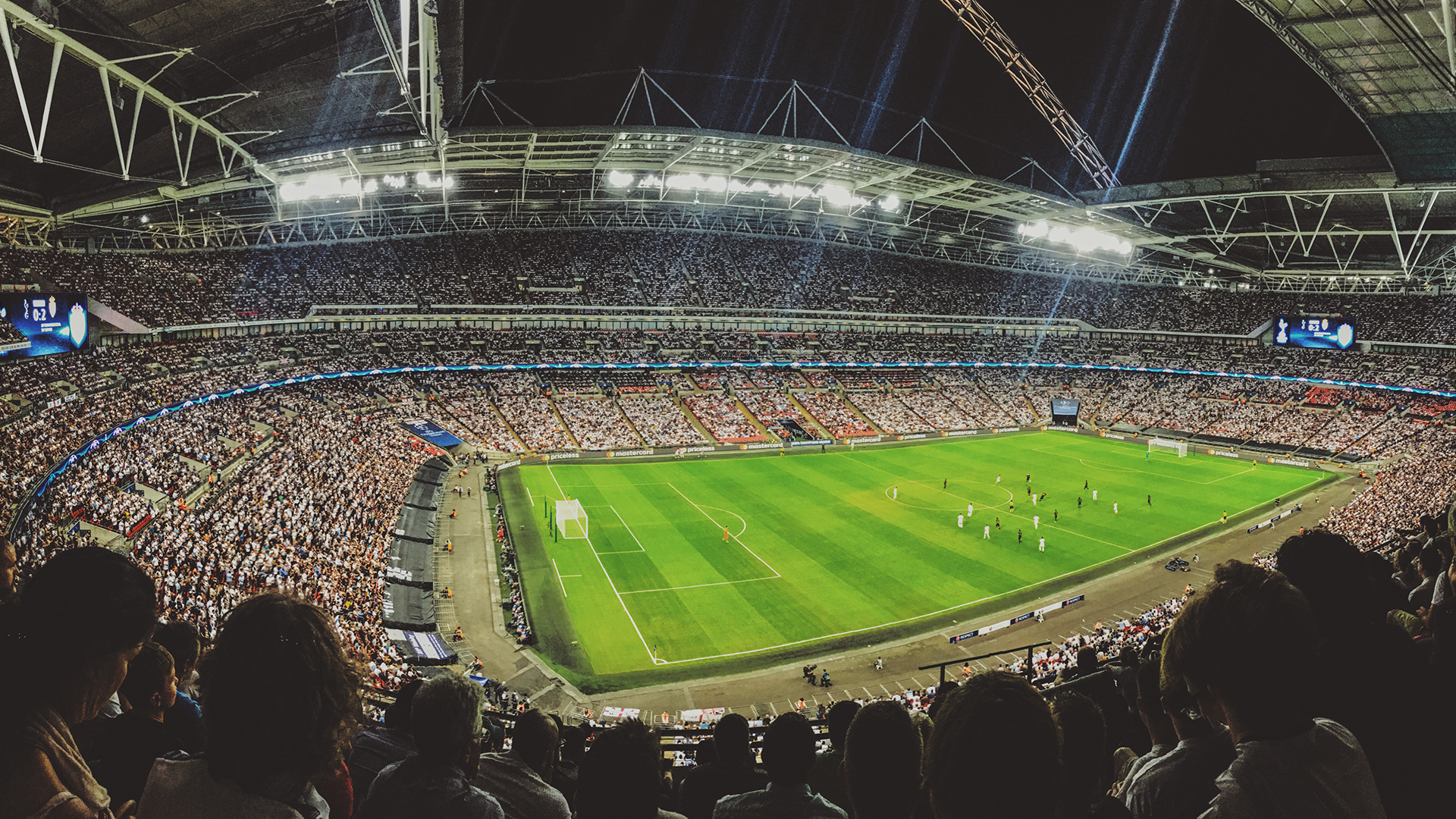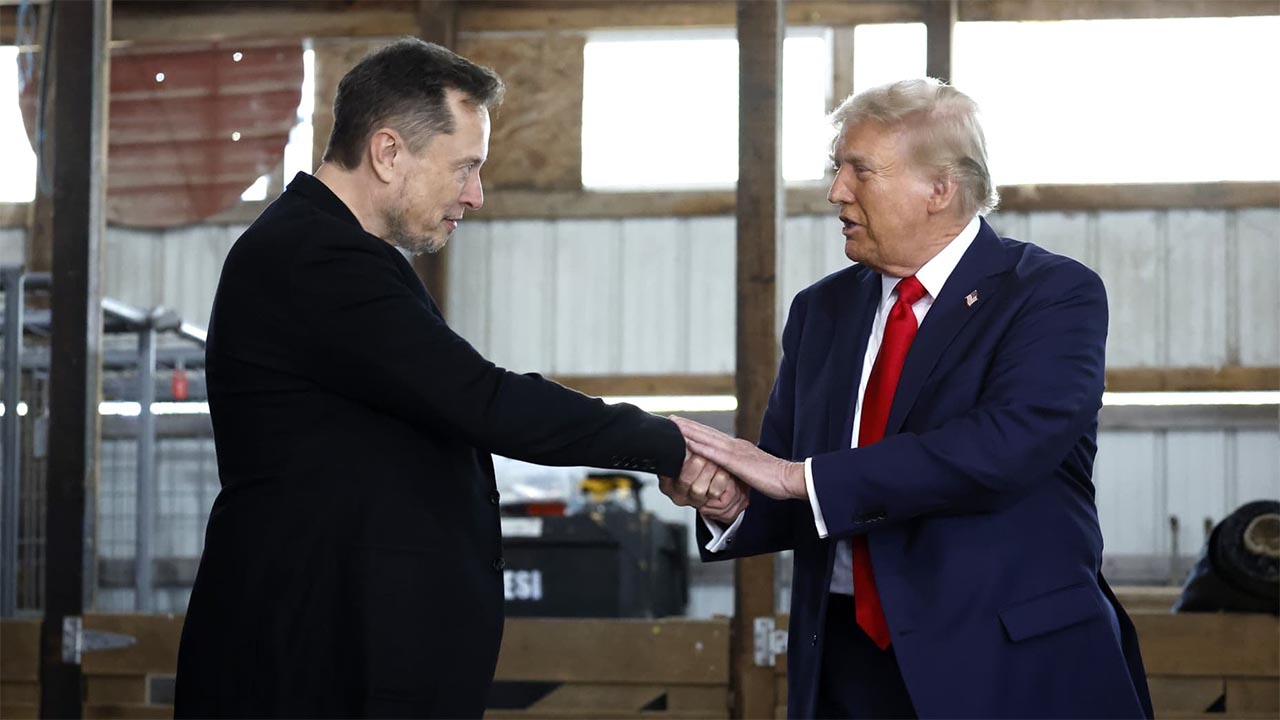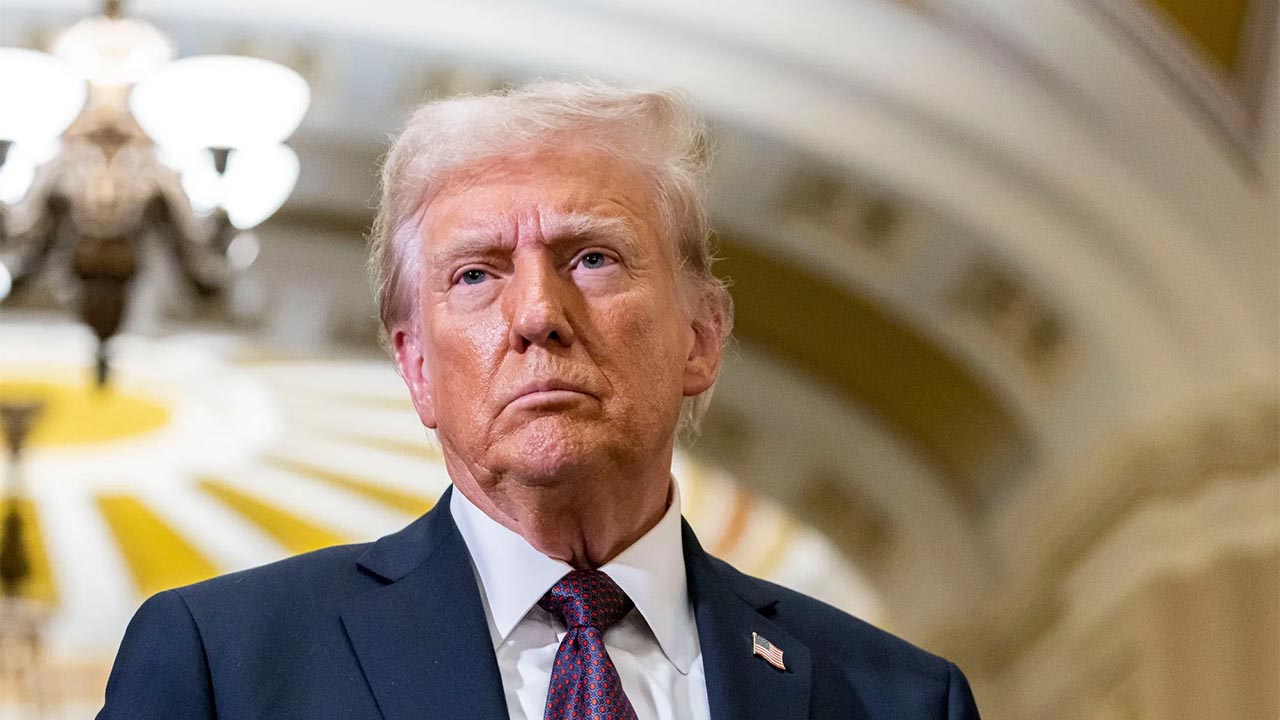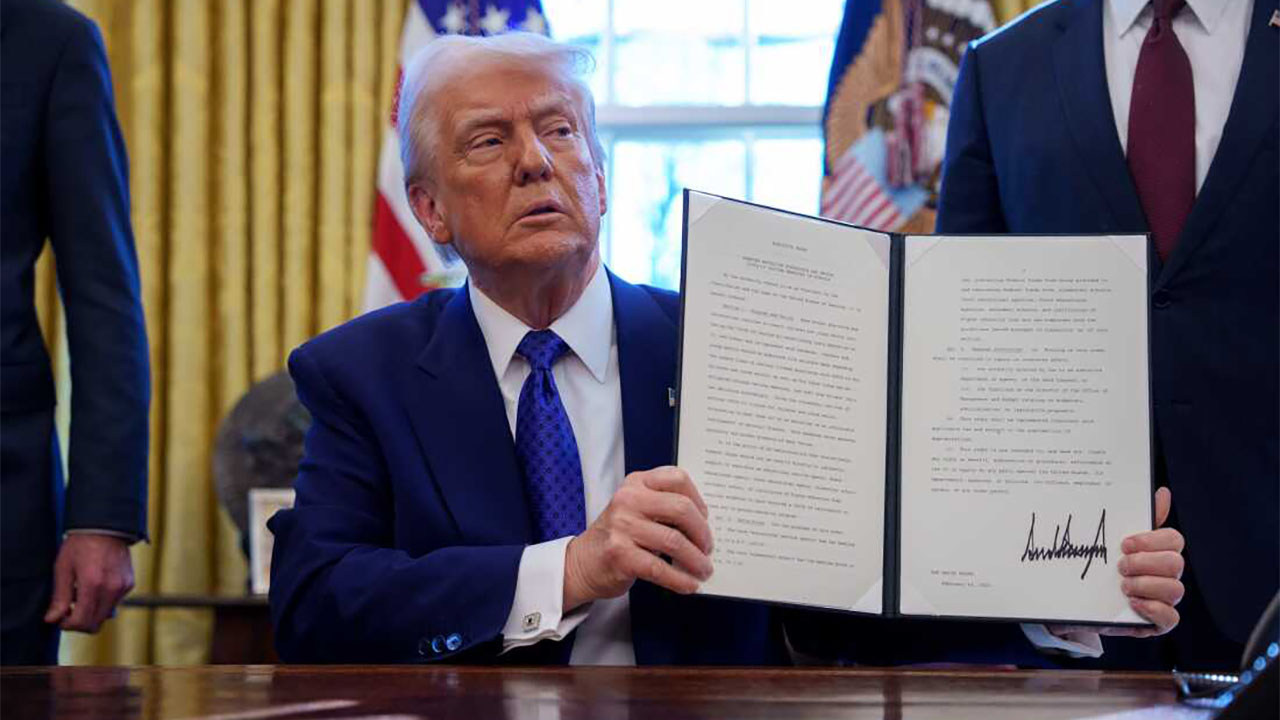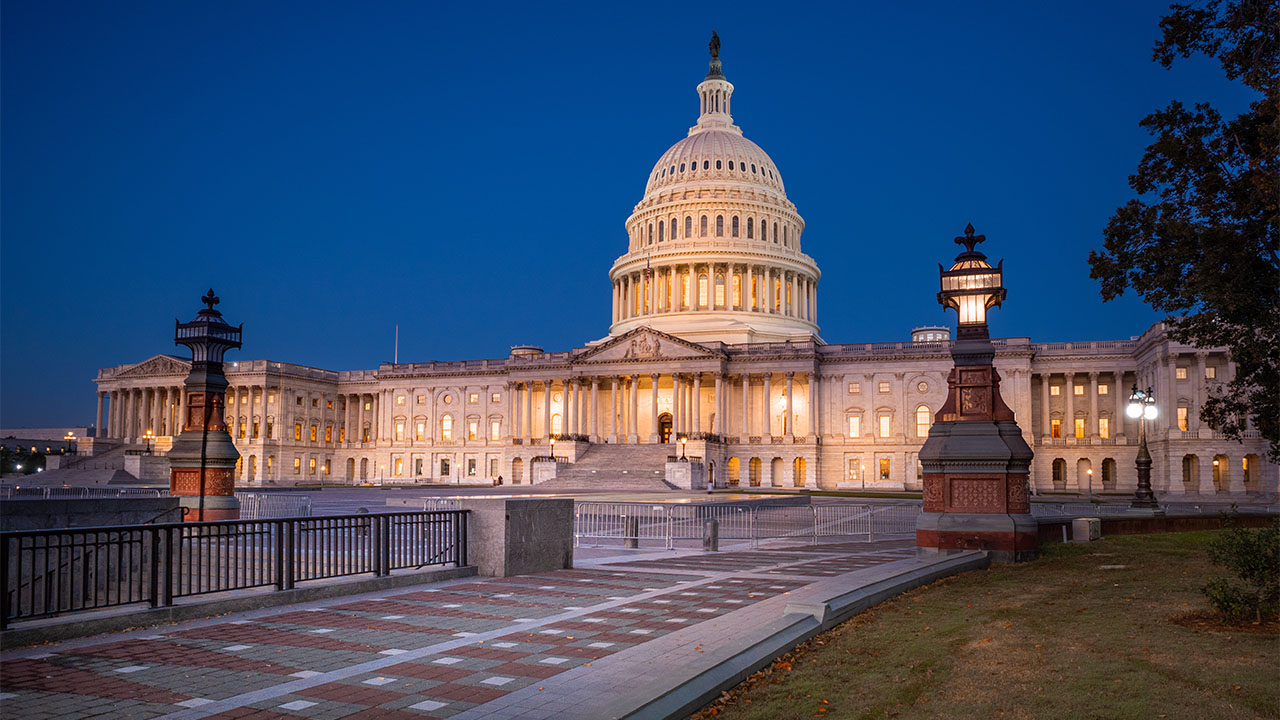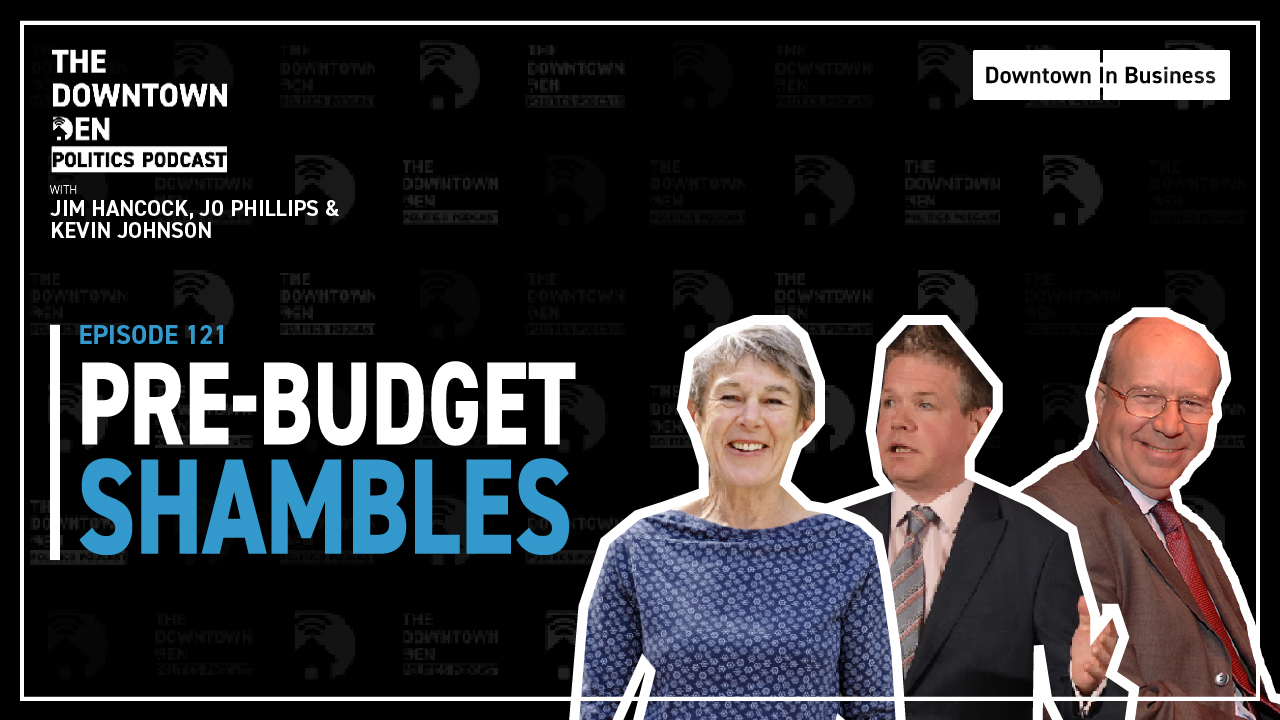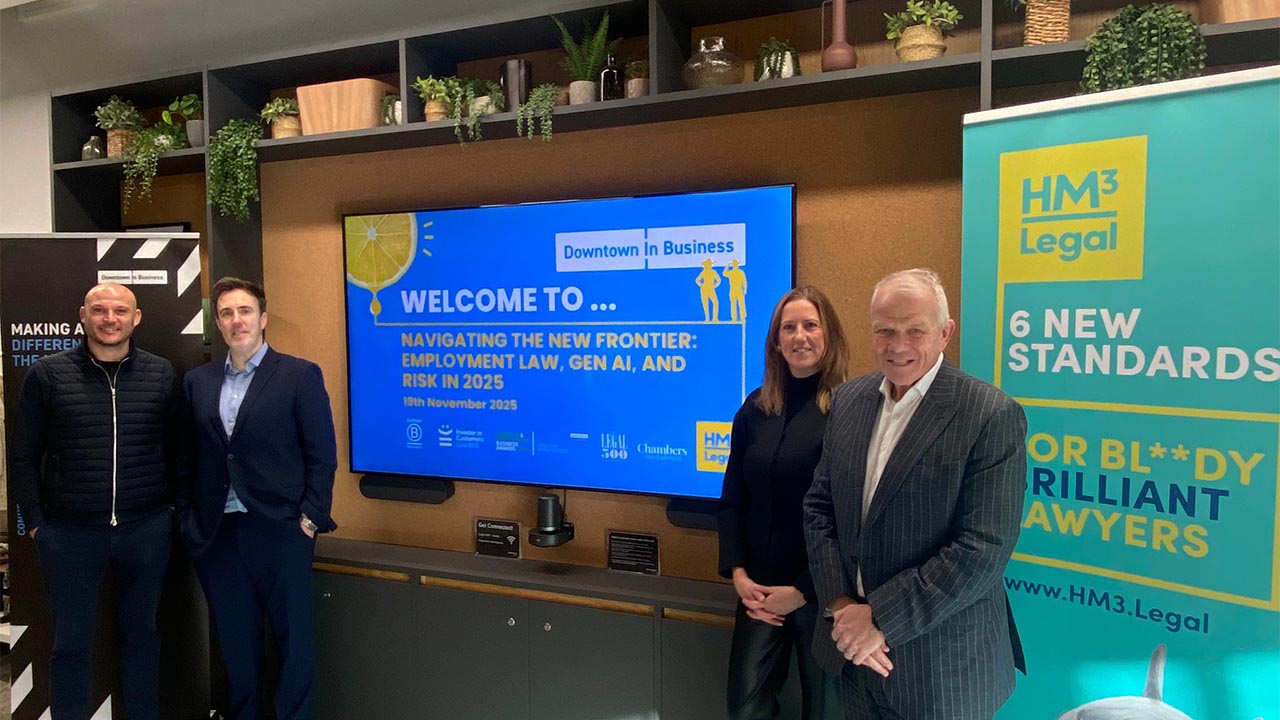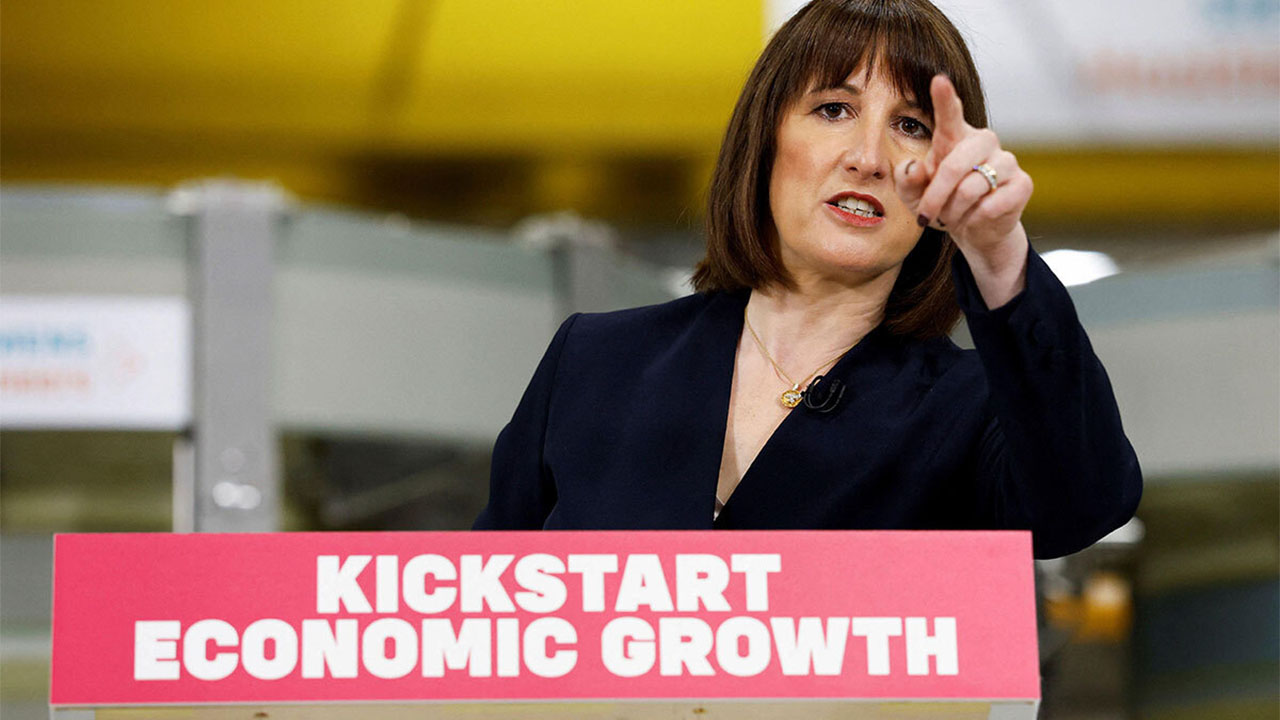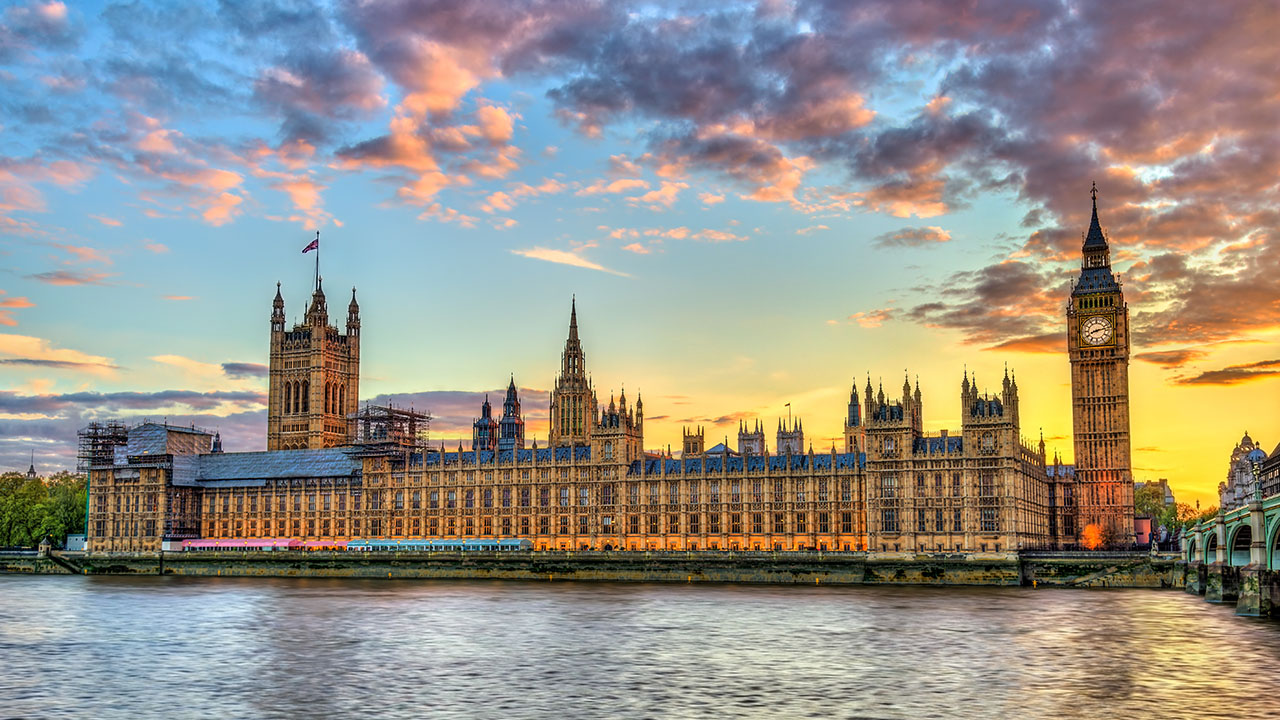Apparently, it’s coming home.
As a transplanted English football fan here in Florida, following the national team’s journey to the brink of history has been a little clunky and cumbersome – trying to arrange zoom calls around games broadcast during the working day and dodging the studio punditry of Steve MacManaman and Craig Burley as much as possible – I still howl when they add subtitles (closed captions) to translate their pearls of wisdom.
But it has shone a bright light on the huge differences between how sport fits into social and cultural life on both sides of the pond.
First, a big thank you to the Disney-owned ABC/ESPN network. They have provided live coverage of every game on their almost free to air services (standard cable) rather than pushing it into the digital subscription packages which haunt most other sporting events, especially big international championships and tournaments.
NFL fans must be seething to see how easy we lovers of the beautiful game can watch our overpaid prima donna superstars roll around on the ground feigning injury, while they have to navigate the ‘multi-platform’ broadcast deals which see five providers carry their game.
CBS covers AFC games, Fox the NFC games, ABC for Monday Night games, NBC for Sunday games and Amazon Prime is establishing ‘Thursday Night Football’ on its streaming service.
Confusing? You bet. But even more bewildering is when you realise that each of these networks has regional – or ‘in market’ – variations – the Atlanta game may be on in the southeast, the Chicago game in the mid-west while the newly relocated to Las Vegas Raiders franchise airs in the west.
Tough luck if like me you are a New York Jets fan living out of the tri-state area. The only game I may catch is the fixture at Tottenham’s new ground if it coincides with a post COVID trip home.
But it is insightful too. This really reveals that what we commonly call America is better described as the United States – a federation of 50 individual areas loosely related to each other with simmering bitter rivalries where local trumps national. And you thought the EU was tetchy!
And in sport this manifests itself in the fact that other than USMNT – the ridiculous acronym for United States Men’s National Team which describes the US national soccer team – America largely doesn’t compete at national level in sports. Not because it couldn’t, but because it can’t be bothered.
There is no meaningful international baseball, grid iron or basketball which exists and even ice hockey has a very limited set of international match-ups. The Olympics and the tennis at which Americans excel are individual not team affairs, and golf’s Ryder Cup is a team event with solo characteristics. Women’s sport is proving more successful but doesn’t attract the coverage and following yet.
It is crazy that the most jingoistic, flag waving, big-foam-finger pointing, U-S-A chanting nation doesn’t have teams to follow in sports which the rest of the known universe cares about.
But it goes a long way in explaining why they can’t comprehend the truly febrile atmosphere sweeping every town south of Carlisle and east of Hereford. That sense of a nation’s collective suffering – 30 years of hurt – or the heavy weight of national expectation – never stopped me dreaming.
The idea of an entire nation joining together in sporting communion isn’t the issue – each January the American nation comes together for the Super Bowl which draws the largest TV audience for anything on the planet. But unless you are a fan of the Patriots or Broncos or whoever is actually playing it’s more an[ML1] event for having friends around, eating cheese-drenched potato chips, drinking tinned beer and enjoying the adverts.
If you go to a game in the U.S. the pre-match tailgate is as much a part of the day as the action on the park. I went to something called the Iron Bowl – the traditional fixture between Auburn University and Alabama University. College sport is massive in the South and this game attracts an attendance of 125,000 with the same number again frying, grilling and drinking in the car park.
This is a rivalry as spikey as a Liverpool/Man Utd game but fans co-mingle, share beers and friendly name calling rather than staging ambushes at train stations, punching police horses or smashing team bus windows.
Of course, not everyone who follows English soccer is an idiot. I love and miss the ‘going to the game’ rituals of a pint here and there, the train to the ground and the growing sense of anticipation as the stadium reveals itself in glimpses from side-streets and around corners. Yes, the hospitality packages, corporate boxes, triple digit ticket prices have all attracted a new ‘prawn sandwich brigade’ and ‘global tourist fan’ bedecked in his full kit, but it’s still mainly a beer and pies crowd. The people’s game?
U.S. sporting events feel more like going to a festival, a carnival or a street party. There is as much drama, excitement and anticipation but just not that threatening or menacing edge which make dads put a hand on the shoulder of their lads.
If I’m to compare experiences, A U.S. sports event is a bit more like a rugby international. Perhaps it’s the university-educated crowd, a hooligans’ game played by gentlemen they say. Or the absence of the heavy-handed policing and segregation which amps everything up. Or maybe it just doesn’t matter as much?
Of course, that theory of relaxed international bonhomie, the corinthian spirit and brothers in arms leaks badly if you are unfortunate enough to find yourself wandering around Cardiff city centre in a white shirt late one evening in March.
Martin Liptrot is a writer and commentator on public affairs and politics based in Florida.


